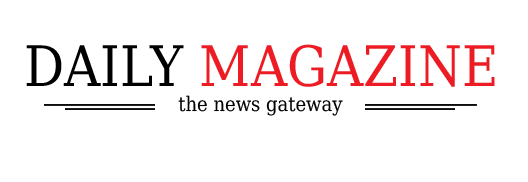WHAT IS TRADITIONAL CHINESE MEDICINE?
TCM (Traditional Chinese Medicine) is an ancient philosophical/medical art form that has evolved over the last 5,000 years. TCM practitioners have pondered the concept of an internal imbalance and how its resolution can lead to longer, more satisfying lives. Traditional Chinese Medicine (TCM) is a well-liked and widely-respected medical system in Asia and beyond because of its effectiveness in treating many medical conditions.
Philosophy of TRADITIONAL CHINESE MEDICINE
Martial arts and acupuncture are two ways in which the West is familiar with Chinese approaches to health and fitness. However, Traditional Chinese Medicine (TCM) is a multifaceted system of healing that incorporates herbalism and diets based on a complex system of diagnosis, various energy balancing techniques utilizing bodywork, movement/meditation practices, and a holistic approach to understanding the vital connections between our mind, body, and spirit and our place in the universe. In TCM, we are compared to the Earth’s vital energy, which consists of the elements earth, metal, water, wood, and fire. As a result of the changing of the seasons, we must adhere to the laws of Mother Nature.
The importance of Traditional Chinese Medicine (TCM) Today
Historically, Western medicine has often been supplemented or even replaced by TCM because of its many benefits for humans and animals. Even though modern events are often chaotic, violent, and unpredictable, TCM can provide stability and help our frazzled minds find some solace. Instead of treating physical illness as separate from the mind and emotion, Traditional Chinese Medicine provides a framework for improving all aspects of health.
Five Element Theory
The Chinese dietetic tradition is founded on the Five Elements of Nature, which comprise our universe and are inextricably linked to everything in it, including our bodies, minds, emotions, and energies. The tastes, nutrients, and energy in the foods, herbs, seasons, and events in our lives all have an impact on our mood, how we see things, how we sleep, and so on.
The Five Elements are listed below, along with their associated tastes, energies & effects, seasons, time of day, & organs. These are also known as “The Correspondences” in TCM.
| Element | Tastes | Energy & effect | Season | Time of day | Organs |
| Metal | Pungent, hot | Cleansing
warming stimulating diaphoretic laxative anti-mucus |
Fall | Before sunrise | Lung, large intestine, skin, impacting breathing, elimination, vitality |
| Earth | Sweet | Harmonizing
nourishing |
Indian summer | Early morning | Stomach, spleen impacting digestion, blood volume, and quality, the integrity of blood vessels, blood sugar balance, our flesh (edema) |
| Fire | Bitter | Stimulating
cleansing detoxifying energizing |
Summer | Mid-morning | Heart, pericardium, small intestine, triple heater impacting blood pressure, circulation |
| Water | Salty | Strengthening
stimulating cleansing |
Winter | Afternoon, evening | Kidney, urinary bladder, adrenal glands, hormones, impacting water balance (edema, obesity, heart disease) sexuality, immunity, growth, and longevity |
| Wood | Sour | Cleansing
draining astringent |
Spring | After midnight | Liver, gallbladder, impacting joints, muscles, tendons, allergies, headache, arthritis, paralysis, vision |
Conclusion
After reading this, you may be considering TCM for your next treatment; however, before you do so, consult with your medical professionals about TCM.

